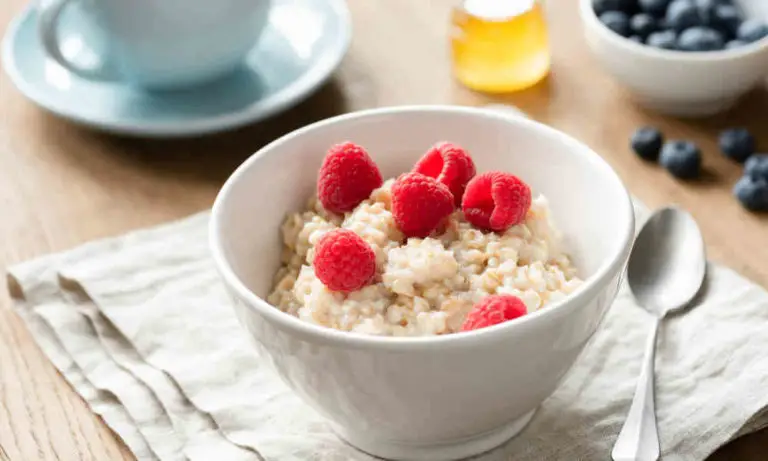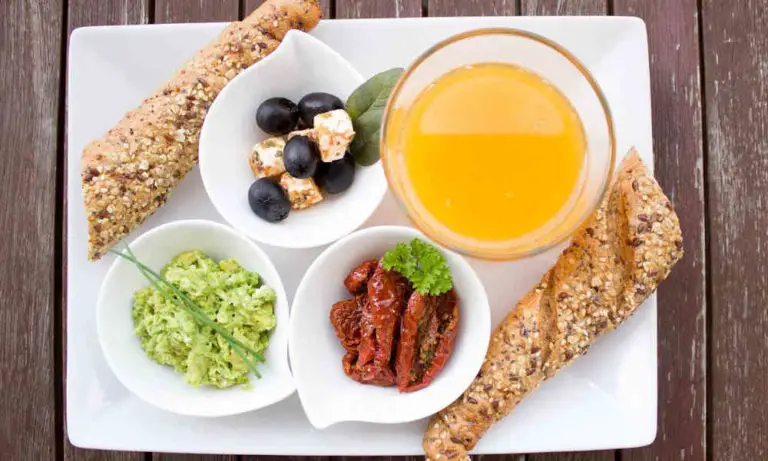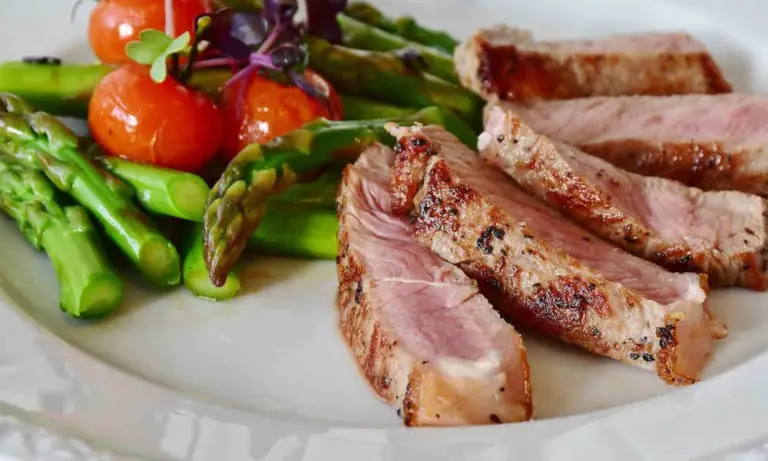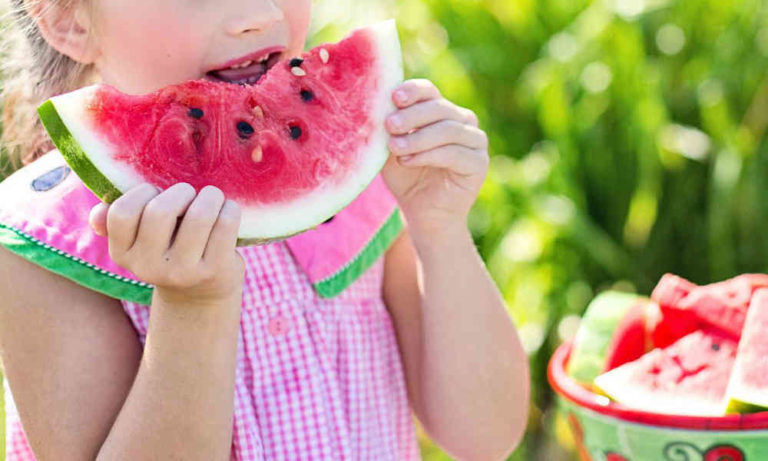5 Golden Rules For Healthy Eating
Good eating is about more than just calories. The human body requires a diverse range of nutrients to stay healthy. Nutritionists are now focused on what to eat to improve energy levels, appearance, and health. Instead of counting calories, eat more slowly to get the right amount of nutrients. Cook meals from whole ingredients instead of eating packaged, fast food, or frozen food. Avoid meals in a box as they are often full of preservatives, hidden sources of sodium and fat, and sugar.
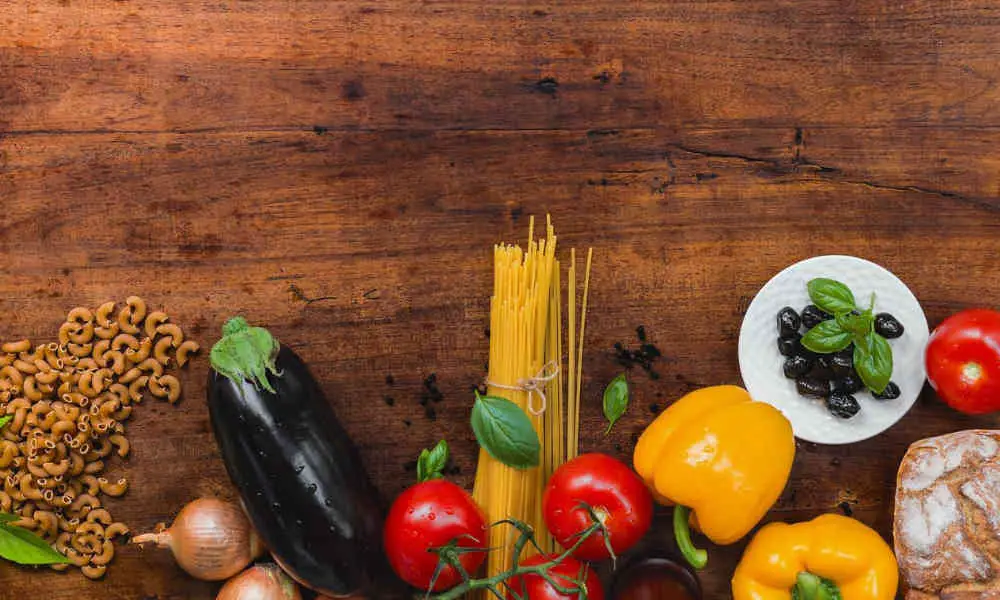
Avoiding Processed Foods
While many people crave sugary beverages, sports drinks, and canned fruit, eliminating these foods from your diet can help you lose weight, improve your health, and alleviate headaches and migraines. While avoiding all processed foods may be difficult, making smaller changes to your diet can help you cut back on processed ingredients and sugars in your daily routine. If you’re unable to cut out processed foods entirely, try infusing fruit-infused water with herbs and fruits, or use a sparkling water maker. Also, try buying only what you need from the grocery store instead of bulk items, like canned fruit or bottled water.
Processed foods are often modified from their natural state to prolong shelf life. Added sugar, salt, artificial ingredients, and additives can cause health problems, including weight gain and type 2 diabetes. If you want to make your own healthy food options, look for products with shorter ingredient lists and lower sugar and fat levels. You’ll be glad you did when you’re back on track. But if you really want to make the most of your grocery store, you can look for products that use only natural, unprocessed ingredients.
Processed foods often contain added sugar, fat, and salt, as well as flavors and structures that are unhealthy for your body. They can also be higher in calories. Moreover, it’s important to read labels for the ingredients of packaged shelf-stable foods. In general, the first three ingredients of the product can tell you what it’s made of. Products with 3s ingredients are often highly processed, while minimally processed foods are good for you.
Avoiding Foods That Won’t Eventually Rot
If you want to eat healthier, avoid packaged food. Packaged food often contains more ingredients, including many that are unpronounceable. Generally, the more ingredients in a food, the more processing it has gone through. That is not true of real food in a recipe, where the ingredients are all listed on the label. However, there are exceptions to this rule, like Twinkies, which never go bad.
When purchasing prepared foods, try to avoid foods with more than five ingredients, including ones with unpronounceable ingredients. For example, Twinkies are full of artificial preservatives, which are not found in nature, and don’t break down easily inside the body. Avoid foods with over five ingredients, as well as food that advertises itself as being good for you. Lastly, avoid foods with misleading or ambiguous names. This is particularly true for food that you see advertised on TV or in magazines.
Staying Hydrated To Avoid Dehydration
When you are not drinking enough fluids, your body temperature may increase. When this happens, your body is unable to regulate heat properly. You may experience problems with concentration, motor control, decision-making abilities, and concentration. Your body functions may also slow down, such as gastric emptying. In hot weather, dehydration can affect your performance in sports. Even mild dehydration can affect your mental and physical health.
While water is essential for the body, some foods are more effective at hydrating us than others. Foods that rehydrate you are typically the ones that contain the most water. This is important for two reasons: water helps your heart pump blood efficiently and keeps your muscles functioning properly. If you have dehydrated muscles or have a fever, you can risk a headache, swollen feet, and even life-threatening illnesses.
Water-rich fruits and vegetables are great sources of water. Strawberries, peaches, and cucumbers are high-water-content foods that help you stay hydrated. Alternatively, you can consume fruit-flavored water and add it to your salad for an extra taste. In addition to water-rich foods, you should also incorporate plenty of fruits and vegetables.
Cooking Your Own Food
One of the easiest ways to improve your health is by cooking your own food. Not only does this give you better control over what goes into your meals, but it also lowers the amount of fat and calories you consume from convenience foods. Additionally, cooking your own food increases your energy levels and sharpens your mind. You can also save money by cooking your own food instead of eating out on a regular basis.
Avoiding Salty Snacks
You can cut your sodium intake by limiting salty snacks. You can opt for fruits, vegetables, whole grains, and low-sodium condiments. Table sauces are also a good source of salt. You can also use black pepper as a seasoning for many foods. Try to avoid packaged snacks. By using these simple tricks, you can reduce your sodium intake and enjoy your snacks more. But you can’t completely avoid them.
Alternatively, you can try air-popped popcorn instead of salted popcorn. Air-popped popcorn is low in sodium and has no added sugar or salt. However, you can still top it off with margarine, butter, or cheese. To make your own air-popped popcorn, you need 1/2 cup of corn kernels and a teaspoon of canola or other healthy cooking oil. If you’re not fond of air-popped popcorn, you can always add a few teaspoons of your favorite flavoring.
You can also opt for nuts. Nuts contain lots of healthy fats and plant proteins. Additionally, nuts also contain powerful antioxidants. The highest antioxidant content is found in walnuts and pecans. If you’re not a fan of raw nuts, then dry-roasted almonds are a great choice. Roasting nuts at high temperatures can deplete their nutritional value. Try to purchase nuts in bulk so you’ll save money. You can then cut them into small portions and snack with them.
